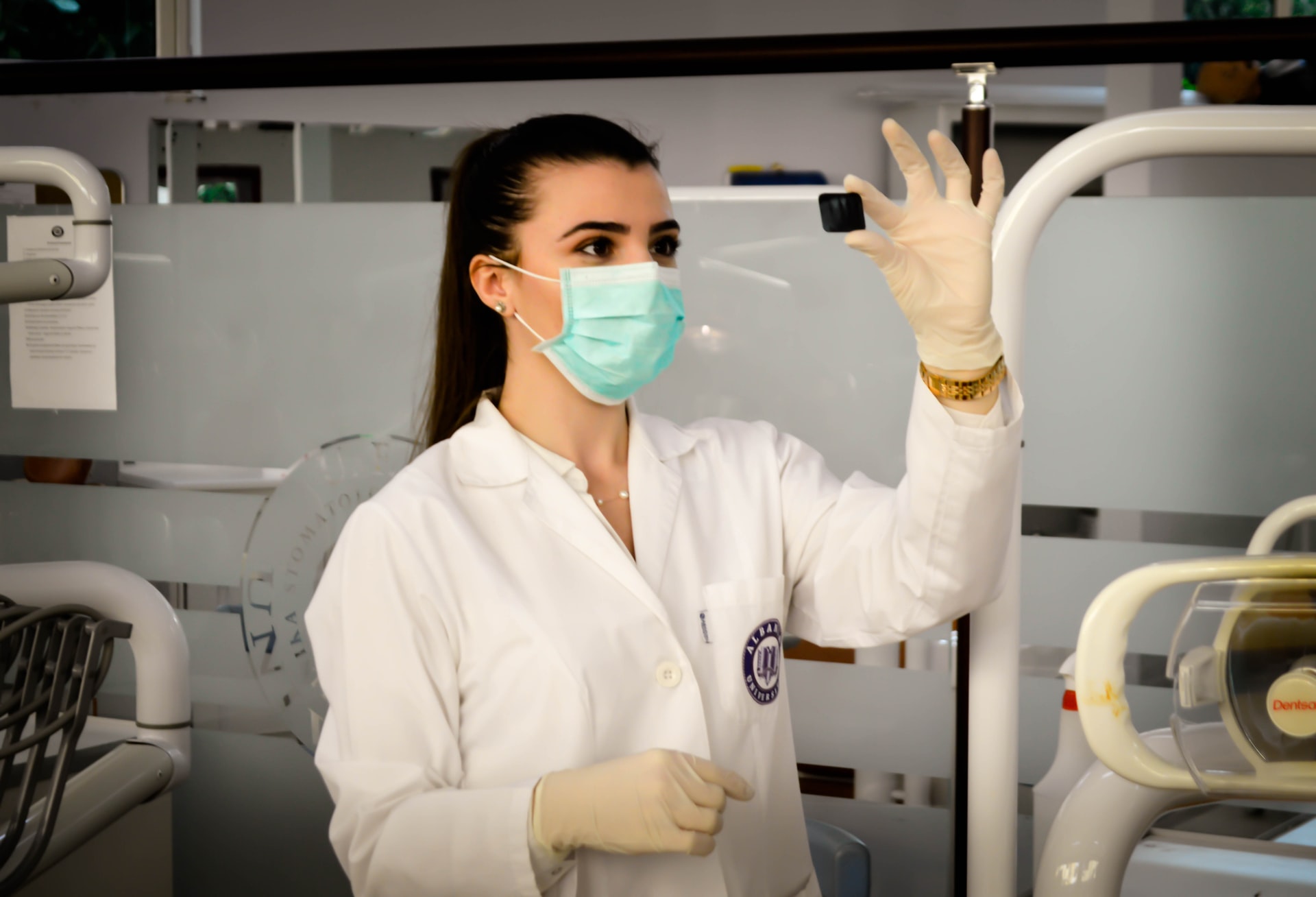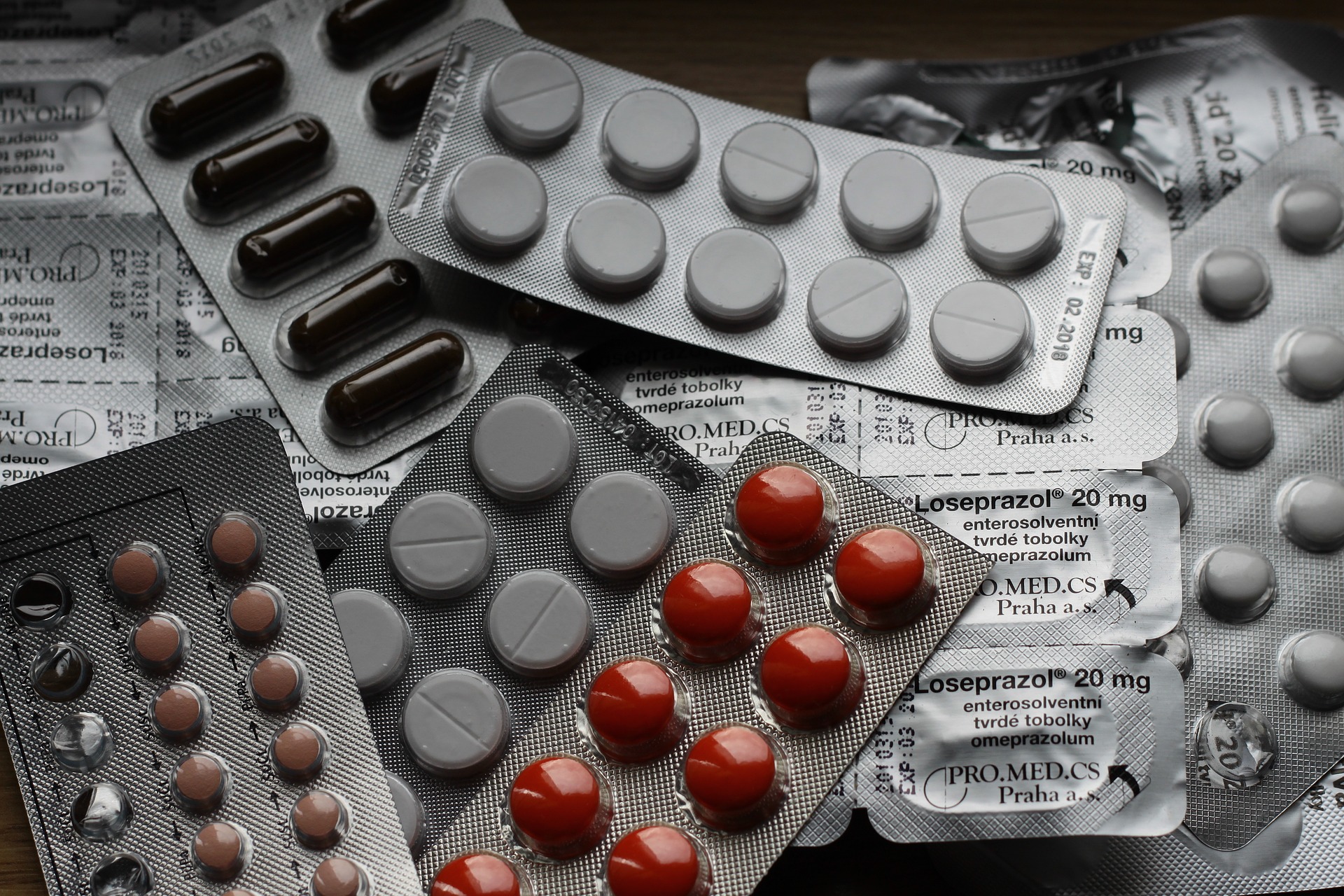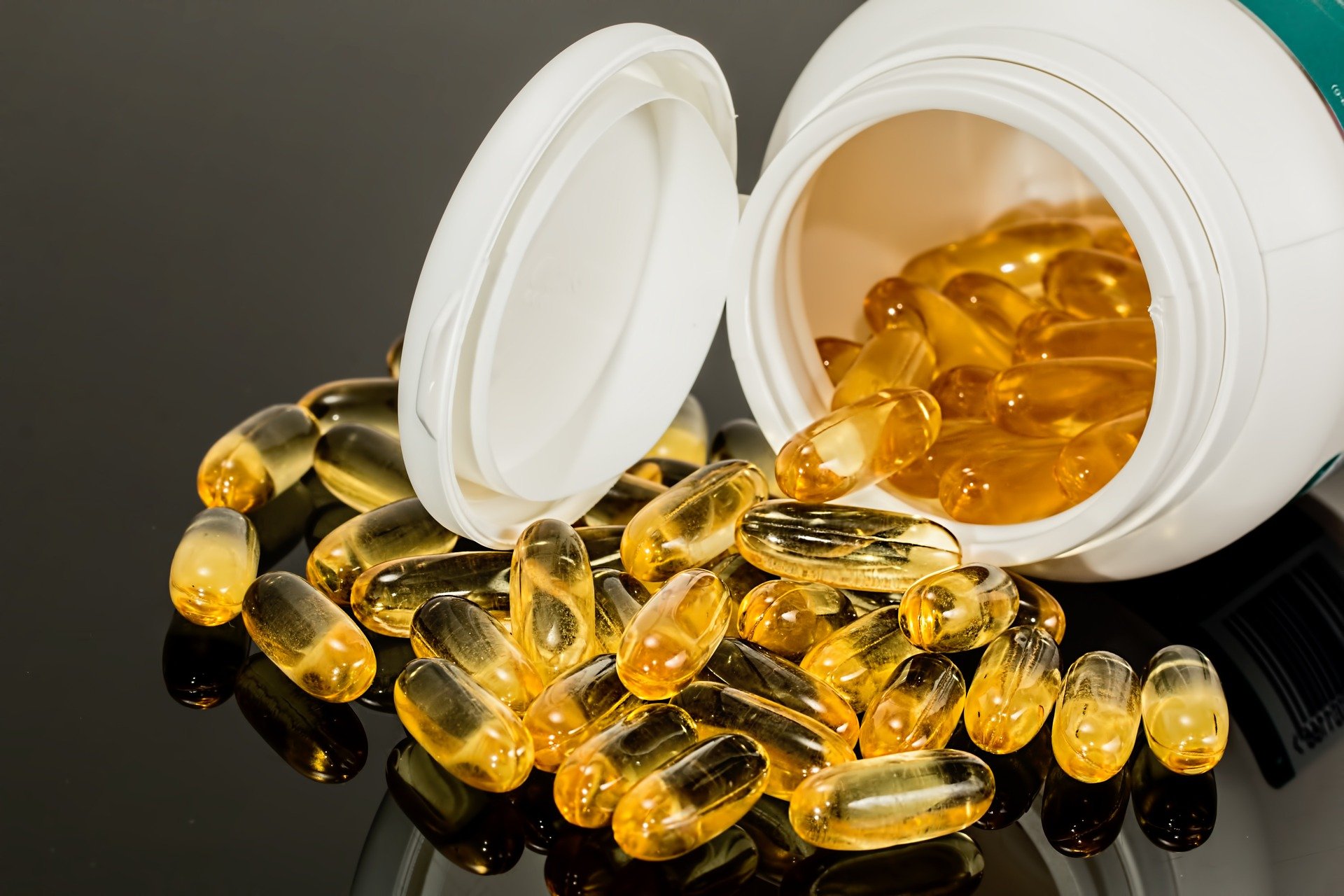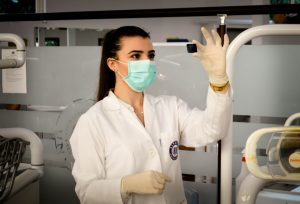
In broad strokes, pharmaceutical logistics refers to the handling, transportation, and overall chain management of a wide variety of different products, the vast majority of which have particular requirements regarding how they are to be treated logistically.
According to the Spanish Agency for Medicines and Healthcare Products, pharmaceutical products can include anything from cosmetics and perfumes to raw materials, biotechnological materials, or biopharmaceuticals. This includes medicines in all of their forms, healthcare products, and medical and surgical instruments.
Therefore, the objective is to satisfy the logistical requirements for a wide variety of products, some of which need to be stored at a temperature that is strictly controlled from the time they are produced or processed until the time they are consumed.
What kinds of pharmaceutical logistics are required by the industry?
There are 212 national and multinational pharmaceutical companies operating in Spain, with a combined annual production value of more than 15.2 billion euros, according to the data that was provided by Farmaindustria and Pharmatech, two organizations that work to bring the pharmaceutical industry together under one umbrella. More than 10,600,000,000 EUR are shipped out of the country as part of this total.
It is important to note that Catalonia is responsible for 48% of all pharmaceutical products exported from Spain via air, and that a significant proportion of these products are destined for export to other countries. In addition, the majority of products of this kind have a high value added to them, which is why pharmaceutical supply chain management needs to be extremely precise.
The Spanish pharmaceutical industry is responsible for exports that are worth more than 10.6 billion euros.
These production and export figures for pharmaceutical products are associated with very particular logistical requirements. These MHRA approved warehousing UK requirements range from packaging and transport, particularly if the goods require a specific temperature, to handling, storage, and final distribution of the product.
Because of all of these factors, the industry mandates that the operator develop pharmaceutical logistics, which entails having complete visibility and traceability of the supply chain, possessing highly optimized distribution networks, and having adequate facilities and vehicles for the storage, transportation, and distribution of pharmaceutical products.
 Because of the new regulations, pharmaceutical logistics are complicated.
Because of the new regulations, pharmaceutical logistics are complicated.
According to the European Medicines Agency, the legal framework for pharmaceutical products in the European Union guarantees high quality and safety standards, as well as promotes measures that encourage innovativeness and competitiveness.
Over the course of the past few years, new factors and challenges have surfaced, which necessitate a greater level of specialization and professionalism on the part of the logistics operator in the field of pharmaceutical logistics. Compliance with the new European guidelines on Good Distribution Practices (GDP) is one example of this. These guidelines, which have the goal of ensuring the quality and integrity of medicines through adequate control of their transport and distribution, can be thought of as an example of this.
In accordance with another set of standards known as Good Manufacturing Practices (GMP), manufacturers of pharmaceutical products are required to guarantee full compliance with all government regulations pertaining to their products at every stage of the supply chain, from the very beginning to the very end.
Therefore, the pharmaceutical industry requires that the logistics service provider it uses strictly control the temperature during the transport of the goods that require it. This temperature can vary depending on the type of product being transported, for example between 2 and 8 degrees or between 15 and 25 degrees, and the pharmaceutical industry also requires that its logistics service provider comply with hygiene standards and monitor the entire logistics operation from beginning to end.
“The logistics operator is required to have a high level of specialization, and it is necessary for them to comply with new European guidelines such as the Good Distribution Practice, or GDP.”
On the other hand, and in relation to safety and traceability that will have an effect on pharmaceutical logistics, the Directive 2011/62/EU will enter into force in February 2019, which is a regulation that aims to strengthen the legal chain against counterfeit medicines. This regulation will have an effect on pharmaceutical logistics. This system will make it possible to verify the authenticity of each medicine that is dispensed by including a unique identifier and an anti-tampering device on the external packaging of medicines. This will ensure that the medicines have not been altered in any way.
This new regulation, which will become mandatory beginning in February of the following year, will require that the logistics operator be prepared to implement, together with the pharmaceutical industry, a complex serialization program. This program will involve, among other things, the processing of large volumes of data in real time in a manner that is both efficient and secure.
The pharmaceutical industry produces at one location but sells its products, some of which have a high economic value, all over the world. This makes pharmaceutical logistics very complicated because the operator has to guarantee the safety of the products, including their traceability, temperature chain, sterility, and protection against theft or counterfeiting, in a global market that is characterized by the fact that the industry produces at one location but sells its products.
“In Logsiber, we have a high level of specialization, and we comply with the new European guidelines, such as the Good Distribution Practice, GDP.” The safety and traceability of the logistics chain must also be guaranteed from the supply of raw materials to the manufacturing industry to the arrival of the finished product at the end user. This must be ensured from the time the raw materials are delivered to the manufacturing industry until the time the finished product is delivered to the end user.
In addition, it is essential not to lose sight of the fact that all of these particular operations of pharmaceutical logistics need to be able to be carried out in any mode of transportation, including the air, the sea, and the land.
The pharmaceutical industry’s one-stop shop for logistics support is Logisber.
The precise planning of the logistics and supply chain in time and costs, as well as security, both in the control of documents and in the environmental conditions to which a product is subjected, are some of the most important factors that an operator needs to provide in order to comply with good pharmaceutical logistics standards. This is one of the key things that must be done.
 Another important aspect is quality, which must be maintained throughout all aspects of the service, including transportation and handling, labeling and packaging, and distribution.
Another important aspect is quality, which must be maintained throughout all aspects of the service, including transportation and handling, labeling and packaging, and distribution.
The fact that the professionals who intervene in the pharmaceutical logistics chain have the training and qualifications necessary to comply with the stringent regulations imposed by the industry and to ensure that good practices are followed throughout the chain is another significant factor.
And of course, the ability to track and monitor the goods from the time they are collected until the time they are delivered, as well as the provision of suitable facilities and equipment to the customers, such as warehouses with space for products that require different environmental conditions, containers, and isothermal vehicles, amongst other things.
In conclusion, it is absolutely necessary for the pharmaceutical industry for operators to be able to provide reverse logistics services, which allow for the return of products that have become damaged or have expired.
All of these services are provided by Logisber, and we bring additional value to the pharmaceutical industry in terms of its ability to place its products and materials in any market around the world, while also minimizing risks and maximizing the efficiency of its logistics operations.
Logisber’s pharmaceutical logistics caters to the particular requirements of any product or merchandise (medicines, active ingredients, raw materials, cosmetic products, etc.), including transport, document management, and customs formalities, as well as the design and traceability of shipments, control of temperature, humidity, and refrigeration; physical protection of the product; picking and packaging; and verification of the multimodal logistics chain. Logisber’s pharmaceutical logistics can handle all aspects of the supply chain, including transport, document management, and customs formalities
“By placing products in any market, Logisber adds value to the pharmaceutical logistics industry. This helps the industry mitigate risks while also improving operational efficiency.”
The pharmaceutical industry can benefit from the added value that Logisber brings to the table in the areas of safety, rigor, compliance with regulations, and availability of approvals.
Because of Logisber’s expertise in pharmaceutical logistics, the company’s team of trained professionals is able to provide technical and individualized solutions for businesses operating in this industry. These professionals also assist these businesses throughout the process of internationalization and the placement of their products on local and global markets.
Logisber’s most notable achievements
An important pharmaceutical lab entrusted Lobisber with an operation to bring a shipment of paracetamol from the interior of China to the headquarters in Barcelona. This shipment was to be brought there from Lobisber.
Logisber conceived of and oversaw the management of the entire supply chain of logistics operations that the product demanded. The company was in possession of the GDP Good Distribution Practice certification, so it met all of the most stringent requirements for safety and traceability.
Logisber maintained temperature control of the goods throughout the entirety of the chain, beginning with loading at the point of origin and continuing through unloading at the final destination. In a similar manner, and by using our website, the client had full traceability of the product it had purchased and was able to verify that the medicine had remained in pristine condition throughout the entirety of the supply chain.






